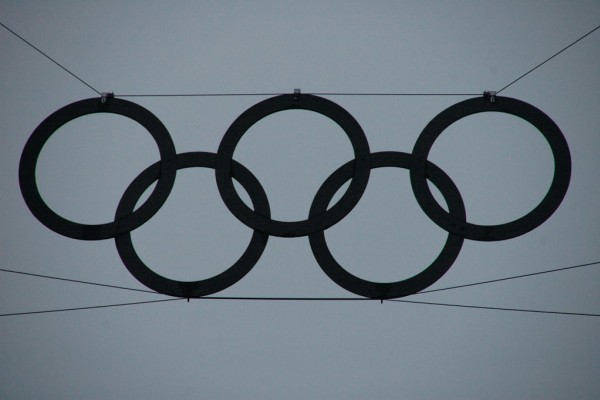Water isn’t a human right in Canada, but it should be

Photo by Daniel Zimmermann
In recent months, there has been a brewing controversy over the use, ownership, and commodification of important natural resources like fresh and clean drinking water. And rightfully so, because while Canada has high amounts of fresh water in global terms, the reality of water insecurity is apparent even here, especially as it pertains to Indigenous communities.
The activities of large companies like Nestlé in their bottled water operations have led many to debate the nature of water as a human right, with many arguing that because water is a human right, it must not be withheld from public use for private profit. These comments are all the more poignant given remarks by Nestlé executive Peter Brabeck-Letmathe, who suggested that water is not a human right, and that such points of view are a mark of extremism.
But while Nestlé has been rightly pilloried for these remarks, with some calling for a boycott of their vast product lines, the disturbing fact is that they are correct because, in a capitalist society based on a liberal conception of rights, Canadians have no fundamental right to their natural resources, to food or to shelter. Under the status quo, water isn’t a human right and public communities have no inherent priority access to it over businesses.
This comes down to the “negative and positive” duality of rights and freedoms. Negative freedoms and rights are predicated around protecting individuals from state oppression. Things like freedom of speech, assembly, and religion are major examples. These are the basic foundations — even if not evenly or consistently applied to all races, classes and genders — that have underpinned liberal societies since the 1700s.
But with the advent of socialism and some forms of welfare liberalism, there was increasingly a view that liberty required not just freedom from government, but the right to the basic material conditions that foster a free society. For some, like Franklin D. Roosevelt in the 1940s, it was evident that “necessitous men are not free men.”
But while the postwar era saw an expansion of social and economic equality, these reforms were in no way enshrined as human rights. This was in large part because capitalist society would see this as an existential threat to the sanctity of private property. In other words, if basic standards of living and access to natural resources was fundamental, private property would be contingent upon all citizens having baseline needs met.
But perhaps the key moment in this debate came in regards to the Charter of Rights and Freedoms. While the Charter is rightfully held up has an essential force in expanding rights for numerous marginalized Canadians, it lacks key many rights. In our Charter, which supposedly defines our progressive and inclusive society, Canadians lack the right to housing and to the freedom from starvation. Likewise, the public’s fundamental ownership over water, or the individual’s access to water as a fundamental right, is also ignored.
So while it is possible for legislative bodies to pass laws which protect water access, those laws can be immediately overridden by subsequent legislation. What makes a human right a human right is, at least in part, constitutional enshrinement. Thus, to make public and individual access to clean drinking water a right, we need to approach a re-definition, not only of our Charter, but our socio-economic order.
From a constitutional point of view, we need to amend the Charter to include passages including the right to basic material standards of living, which would include water. We would also need to have constitutional provisions which give public bodies priority over all natural resources, from water to oil to wood. Finally — and in accordance with efforts by high profile Canadians like David Suzuki — we have to have basic environmental rights included in the Charter, because for our resources to have value, they must be uncontaminated.
From a political lens, our society needs to prioritize new productive and distributive motives outside of capitalism, at the very least for scarce and necessary goods and services. Profit motives, in these cases especially, are not conducive to ensuring basic human rights and needs for everyone in society.
Ultimately, I am sympathetic to those fighting for public access to key natural resources like water. But seeing water access as a human right must be contextualized and guided by the political and intellectual process by which we actually make it a human right. Patchwork efforts like legislation and boycotts are useful, but capitalism is anathema, with food, energy, shelter and water being a fundamental right. We cannot have both. I choose the latter.
As Tommy Douglas noted in 1971, the path towards a free and just society — one where water is indeed a human right — must be accompanied by “a planned economy dedicated to meeting human needs and responding to human wants.”
Christo Aivalis, a member of the CD web committee, is an adjunct professor of history at Queen’s University. His dissertation examined Pierre Trudeau’s relationship with organized labour and the CCF-NDP, and has been accepted for publication with UBC Press. His work has appeared in the Canadian Historical Review, Labour/le Travail, Our Times Magazine, Ricochet and Rankandfile.ca. He has also served as a contributor to the Canadian Press, Toronto Star, CTV and CBC. His current project is a biography of Canadian labour leader A.R. Mosher.










